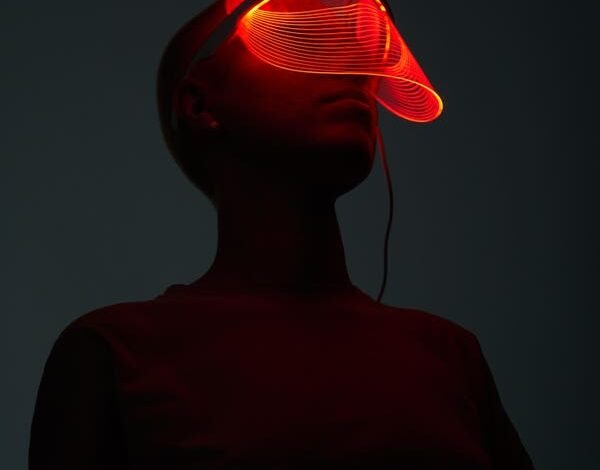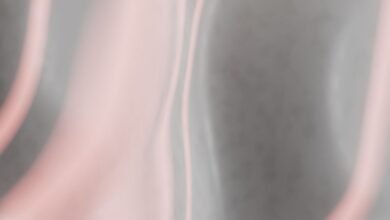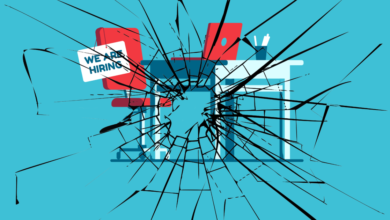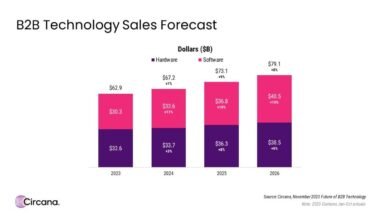4 innovative startup opportunities in fashion tech

Multiple niches in fashion technology stand out as transformative spaces with great potential. … [+]
Fashion is undoubtedly one of the most progressive industries out there, but it can sometimes make mistakes. So it’s not really surprising that the fashion industry is not fighting new technology, but embracing it wherever possible.
Multiple niches in fashion technology stand out as transformative spaces with great potential for innovative startup projects. This article describes four such niches.
1. Sustainable fashion platform
Sustainability has become a cornerstone of the fashion industry, given that fashion has historically been a major source of waste. This new trend is prompting the rise of startups focused on meeting consumer needs by creating sustainable fashion platforms. These platforms aim to connect environmentally conscious consumers with brands that prioritize ethical and sustainable practices.
Good On You is at the forefront of this movement, providing a platform to evaluate fashion brands based on their ethical and sustainability practices. The platform provides clear information to consumers and enables them to make environmentally responsible choices.
As consumers actively seek sustainable fashion options, startups can capitalize on the demand for transparency and ethical practices. This opportunity lies not only in providing a platform for existing sustainable brands, but also in encouraging traditional brands to adopt environmentally friendly practices.
2. Trend prediction using AI
While there is considerable backlash against AI in the creative industries, one of the most important decision-making principles as an entrepreneur is to accept reality and work with it. In that sense, the real question is not whether we like AI in fashion, but rather how AI will (among other things) reshape the world of fashion.
A strong candidate for a disruptor is an AI-driven predictive tool that provides advanced trend prediction capabilities. Startups in this niche leverage AI algorithms to analyze vast amounts of data such as social media trends, runway shows, and consumer behavior. This data-driven approach allows fashion brands to stay ahead of trends and minimize the risk of producing outdated or unpopular items.
Stylumia is an outstanding startup that leverages AI for trend prediction. By analyzing diverse data sources, we help fashion brands understand emerging trends and ensure they create collections that resonate with consumers.
The fashion industry thrives on innovation and staying ahead of trends. AI-powered trend forecasting provides a valuable solution to this challenge. Startups in this niche can offer predictive analytics that not only benefits established brands, but also provides budding designers with insights that can shape their creative process. The opportunity lies in the efficiency and precision that AI brings to industries where timing is critical.
3. Customization platform
In an era where personalization is valued, customization platforms are reshaping the way consumers interact with fashion. These startups leverage technology to allow users to personalize their clothing, from design choices to material and color choices.
Naturally, this is also a niche area where AI can make a big difference. AI art tools like Midjourney and DALL・E can create great art, which in turn means great designs for clothing. This is important because the average user doesn’t have the design skills to thoroughly customize their clothes, but with the help of AI bots, that could change and allow people to wear unique and one-of-a-kind designs. It may become common.
This level of customization enhances the consumer shopping experience and fosters a sense of individuality. The opportunity lies not only in offering customizable products, but also in creating seamless and enjoyable user experiences and making customization accessible to a wider audience.
4. Smart fabrics and wearables
Integrating technology into textiles is an exciting frontier in fashion technology. Startups in this niche are exploring smart fabrics and wearables that can monitor health metrics, change color, and generate electricity. From workout apparel with built-in sensors to clothing that adapts to environmental conditions, smart fabrics are redefining functionality in fashion.
Athos is a rising startup that develops training apparel that incorporates sensors. These sensors track muscle activity and provide real-time feedback to users during training.
Smart fabrics and wearables represent the convergence of fashion and technology, paving the way for startups to innovate in both areas. There is an opportunity to create functional, yet fashionable products that enhance consumers’ lifestyles. As consumers become more health conscious, there is a growing demand for clothing that not only looks good but also contributes to overall health. Startups in this niche could pioneer solutions that seamlessly integrate technology into everyday attire.
Source link




